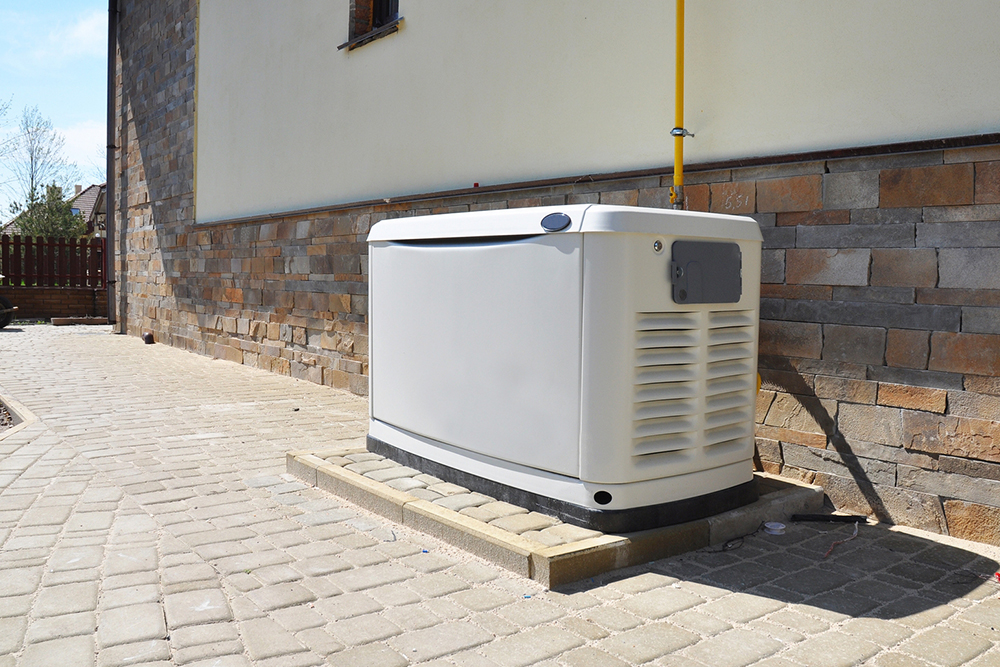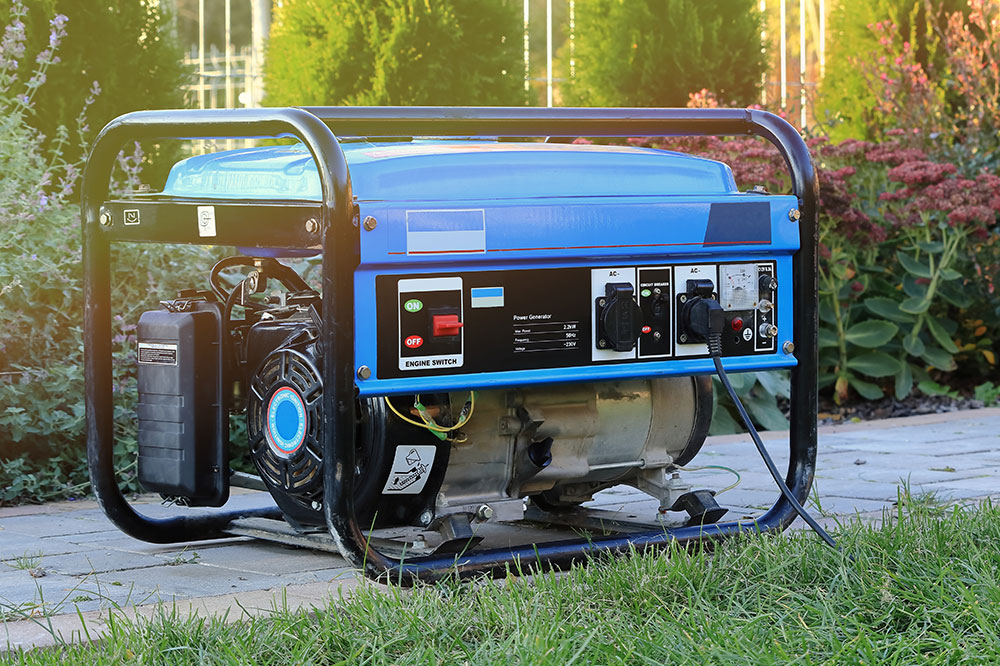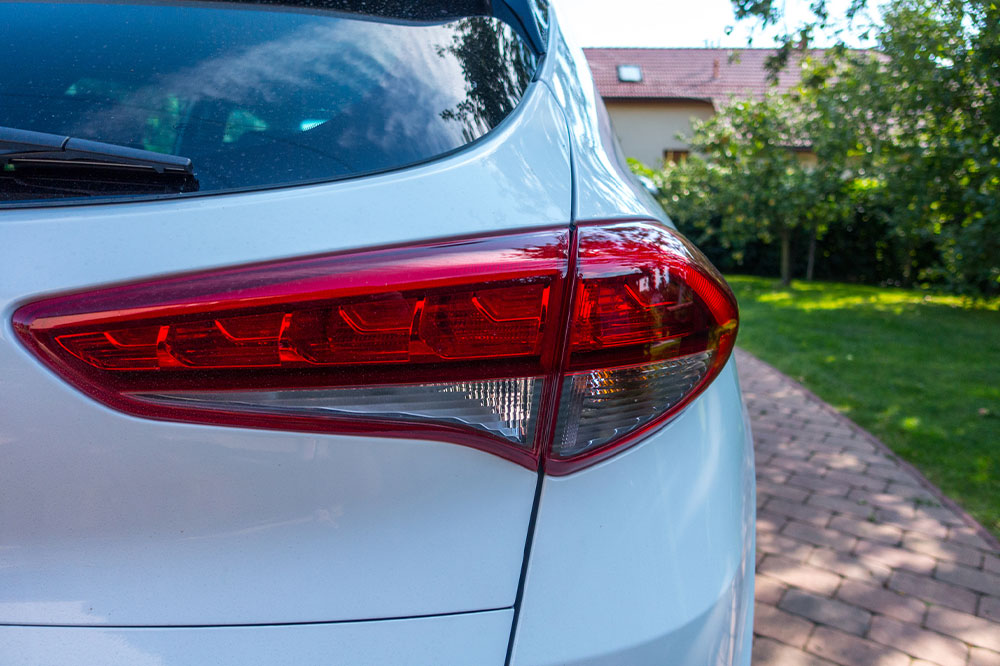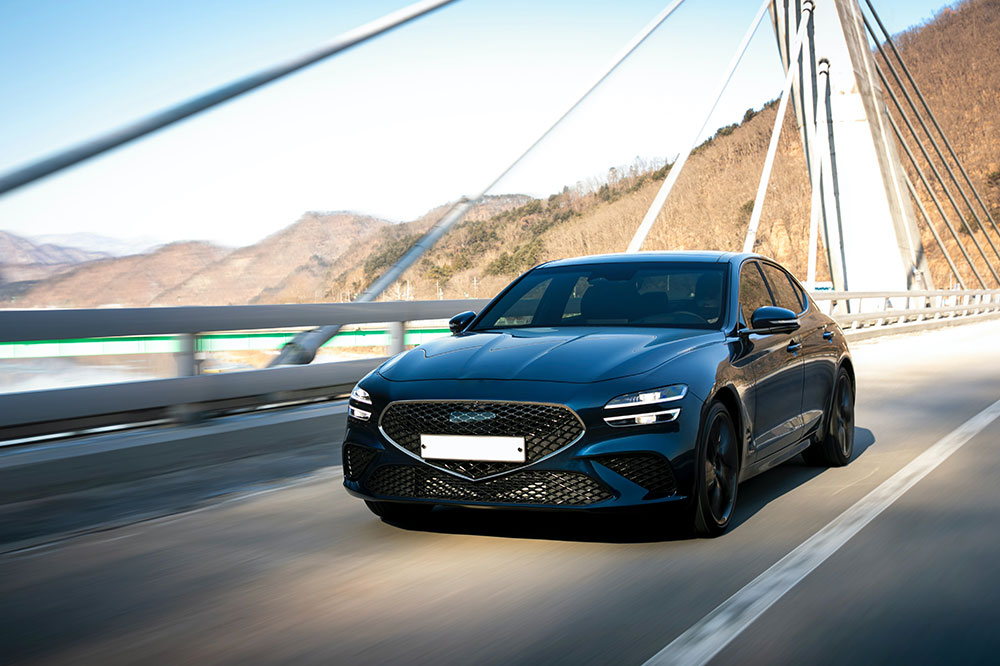Essential Guide: Key Factors When Choosing a Power Generator
This comprehensive guide highlights vital factors to consider when purchasing a power generator. From assessing needs and exploring types to safety and total costs, it provides practical tips for making an informed decision. Ensure your backup power solution matches your requirements and budget while prioritizing safety and quality features for reliable performance during outages or outdoor activities.

Essential Factors to Consider When Selecting a Power Generator
In today's world, electricity is vital for daily life, from cooking and working to household chores. Ensuring an uninterrupted power supply is crucial, especially during outages. Power generators serve as reliable backup sources of electricity, helping maintain normal activities. Modern generators come in various sizes and configurations, making thorough research before purchasing necessary.
Tips for Buying a Power Generator
1. Assess Your Specific Needs
Different applications require different types of generators. Identifying where and how you'll use the generator helps in choosing the right model.
For example, some users need generators exclusively for home backup during power outages, while others need portable units for travel or outdoor activities. Clarifying your primary use is the first step toward selecting the best generator.
2. Explore Different Generator Types
Generators come in various styles, including portable, standby, solar-powered, and inverter models. Each suits specific needs—portable units are ideal for travel, solar options for eco-conscious users, and standby generators for constant home backup.
3. Consider Fuel Options
Fuel type influences performance, cost, and environmental impact. Options include gasoline, diesel, propane, and solar power. It's important to evaluate the pros and cons of each, keeping in mind factors like availability, storage, and sustainability.
4. Establish a Budget
Power generators vary significantly in price depending on features and capacity. Setting a clear budget helps narrow down choices, ensuring you select a quality model within your financial means. Market research on typical prices aids in making an informed decision. If budget constraints exist, installment payments might be an option.
5. Compare Brands and Models
Reviewing different brands and models, considering features, reliability, and prices, is essential for finding the best fit. Seek recommendations from friends, family, or neighbors, and check online reviews for insights. Even basic models often start around 60,000 Naira, so comparison is key.
6. Check Warranty Coverage
A solid warranty—preferably at least one year—protects your investment against potential defects and reduces maintenance costs. Ensure the warranty covers common damages and provides support when needed.
7. Prioritize Safety
Handling generators safely prevents accidents. Read the manual thoroughly, use fuel stabilizers for stored gas, avoid refilling when hot, and keep units at least five feet from structures. Adhering to safety protocols is crucial.
8. Consider Total Costs
Beyond initial purchase price, factor in installation, maintenance, and potential repairs. Understanding all expenses ensures you’re financially prepared for the entire lifecycle of the generator.
9. Look for Essential Features
Features such as automatic shutdown, electric start, and fuel gauges enhance convenience and efficiency. Prioritize generators equipped with these features for optimal performance.










